How to save power, & reduce your power bill
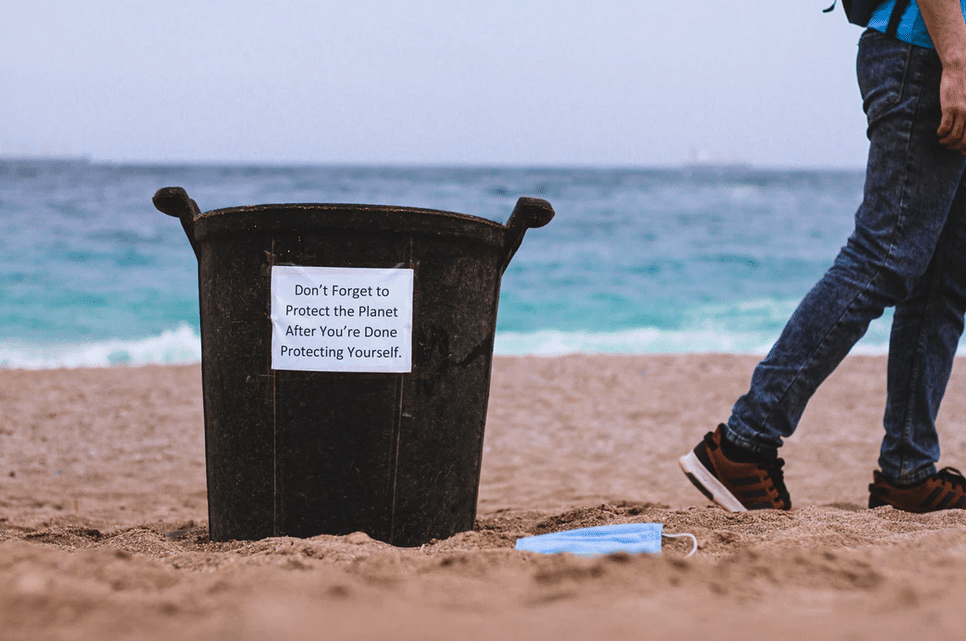
As many of us look to reduce our monthly outgoings, are we missing a trick with power saving ideas around the home? We have all seen these tips, recommendations, many of which are sensible and straightforward. So why are we not using them? Why have many of us not even tried these money-saving tips?
In this article we will look at power saving tips NZ. These are simple but effective ways to reduce your energy costs and also do your bit for the environment. At some point, as regulations tighten, governments will legislate against inefficient devices and even inefficient homes. This is your chance to take control, save some money and use those funds elsewhere.
It all starts in your head
As with any long-term change in your lifestyle, much of it will begin in your head. If you’re not committed to the cause it is unlikely that you will feel what can be significant financial benefits. As we all look to save power around the home, it is important to note that it is not the individual tips which make a difference but their cumulative impact.
There are potential savings of many hundreds (if not thousands) of dollars to be made around the home, without any noticeable change in your lifestyle. Those who say “it is just a few hundred dollars”, well, if you walked down the street and someone was handing out hundred dollar bills, would you walk past?
In this article we will look at an array of ideas to save money on your power bills. They cover the following areas:-
• Lighting
• Warmth
• Heat pump
• Unplugging devices
• Dishwasher
• Kettle
• Mealtimes
• Fridges
• Washing machine
• Showering
• General repairs
How to save electricity has never been simpler, let us show you how!
Lighting
Over the last few years we have seen a significant change in the type of lightbulbs we use around the home. This move has introduced more environmentally friendly lighting such as LED light bulbs which work on hugely reduced levels of power. So why have we not seen a greater uptake in domestic properties across New Zealand?
It is safe to say that LED lightbulbs were not as efficient and bright in their early days as they are today. Huge advances in technology mean that LED lightbulbs are as bright as the old energy sapping lightbulbs of years gone by. While they may be a little more expensive, they last much longer and offer a double whammy, long-term savings on light bulb costs and reduced energy costs.
Aside from a switch to LED lightbulbs, something as simple as switching off lights in empty rooms will help to rein in your electricity costs. We have all done it, left the bathroom light/stairways light on overnight. This is just draining money from your pocket, money you can ill afford to lose.
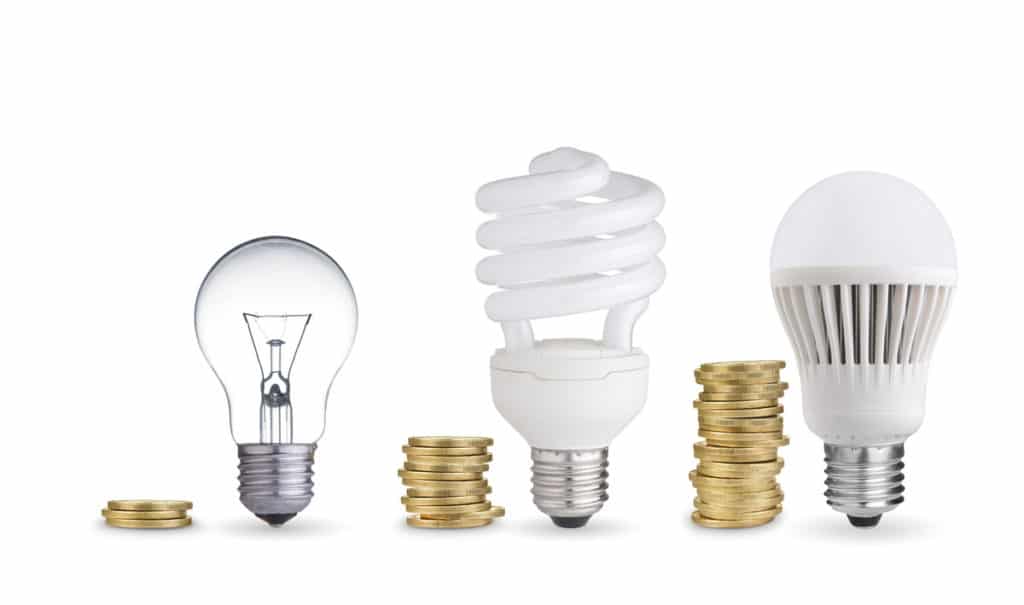
Retaining warmth
The cost of heating your home is probably one of the biggest expenses you have each month. The colder months in New Zealand tend to be between June and August with January and February historically the hottest months. It is important to think about how you use and retain heating in your home to maximise the benefits.
Something as simple as shutting the curtains before sunset will help to retain more warmth within your property. Then we have the issue of leaving windows and doors open throughout the day. While this is good for air circulation, it is not so good for heat retention. Many people place a towel, or a rug against their doors, to fill the gap between their floors. You would be surprised how much heat escapes through these relatively small spaces.
From time to time you will see governments and local authorities announcing environmentally friendly home improvement schemes. If you qualify for such schemes, it is worth considering as the long-term benefits can be significant. For those who rent property, it may be sensible to approach your landlord to discuss how to save electricity and do your bit for the environment.
While the green credentials of these schemes tend to grab the headlines, there are actual benefits for homeowners, landlords and tenants. Keep your eyes open for future opportunities.
Turn down your heat pump
Moving seamlessly from retaining warmth to creating heat, have you ever researched the correct setting for your heat pump? Do you even know how to change the setting on your heat pump? Is it efficient to leave your heating on full while out for a prolonged period of time? You might be surprised to learn that running a heat pump at 26°C will use 50% more power than if it is set at 21°C. While heat pumps are much more efficient than the heating systems used in Europe, the idea that it is cheaper to leave it running when you are out is simply wrong.
The World Health Organisation (WHO) recommends a minimum indoor temperature of 18°C rising to 21°C if babies/elderly people live in your home. While it is important not to overheat your home, wasting heat and power, it is also important to keep your property at the right temperature. The average daily indoor temperature in a New Zealand home, in winter, is just 16°C. Property with a temperature below 16°C is deemed “cold” and could encourage mould and other similar problems.
So, while it is important to ensure your heat pump is not set too high, it is also vital it is not too low. Living in a cold property could lead to a whole host of issues which can sometimes be expensive to repair. It may be sensible to take advice in this area.
Unplugging devices
Many people think it is a myth that charging devices such as phones, laptops and tablets continue to draw power even after the battery is full. This is true!
Once your battery is fully charged it is important to switch off the charging device. Not only are you wasting money but this can have a detrimental long-term impact on the battery. This is a common issue for people who charge their mobile phones, laptops and tablets overnight. Modern day electronic equipment can take just a couple of hours to fully charge, not a full night. Can you imagine the money you are losing each evening, each week, month and year?
There is also the same level of disbelief when it comes to the actual cost of keeping electric products on standby. Over a year, the cost of keeping a television and other electronic devices on standby may well run into the hundreds of dollars – or more!
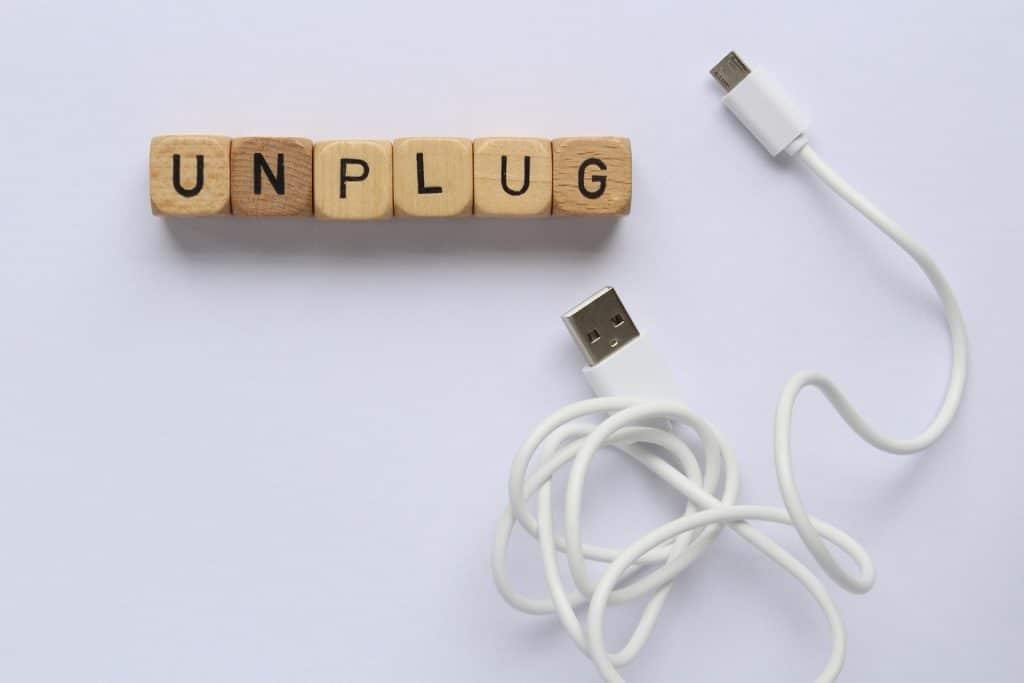
Using your dishwasher
As more homes come with a dishwasher installed as standard, these machines are starting to become fairly costly for many people. We know the benefits of a dishwasher, a thorough clean and convenience, but there are also some downsides.
It is only when a dishwasher is full that you gain the maximum efficiency. Think of it this way. If you use your dishwasher when it is only one third full then you will use three times the water and three times the power compared to a full load. If you only use the dishwasher when full, we can only imagine the potential savings you could make.
Using your kettle
A kettle is an example of using electricity to heat water in its most basic form, and as such it is fairly inefficient. Not only does it use a significant amount of power but a significant element of the heat created is lost through the spout in the form of steam. Therefore, it is important that you only fill the kettle with the volume of water that you require. If you boil a full kettle every time you want a cup of coffee this is akin to pouring your dollars down the drain.
In many ways this is a double whammy. Firstly, a reduced level of water will take less time to boil and therefore use less power. Secondly, if you heat excess water not only does it take more power but it would be wasted or even left and boiled again the next time.
Microwave or oven
If you put to one side the health benefits of oven cooked food against microwave food, how do these two compare in relation to power use? A list of power saving tips NZ would probably suggest using a microwave to heat your food rather than an oven. Aside from the fact that an oven takes longer to warm up, using more power, you’re also eating a larger area much of which is unused. Can you really tell the difference between food heated up (not cooked) in the oven as opposed to that heated up in a microwave?
If you are looking to save power in the long-term, it makes sense to consider using a microwave to heat up ready-made meals/precooked food.
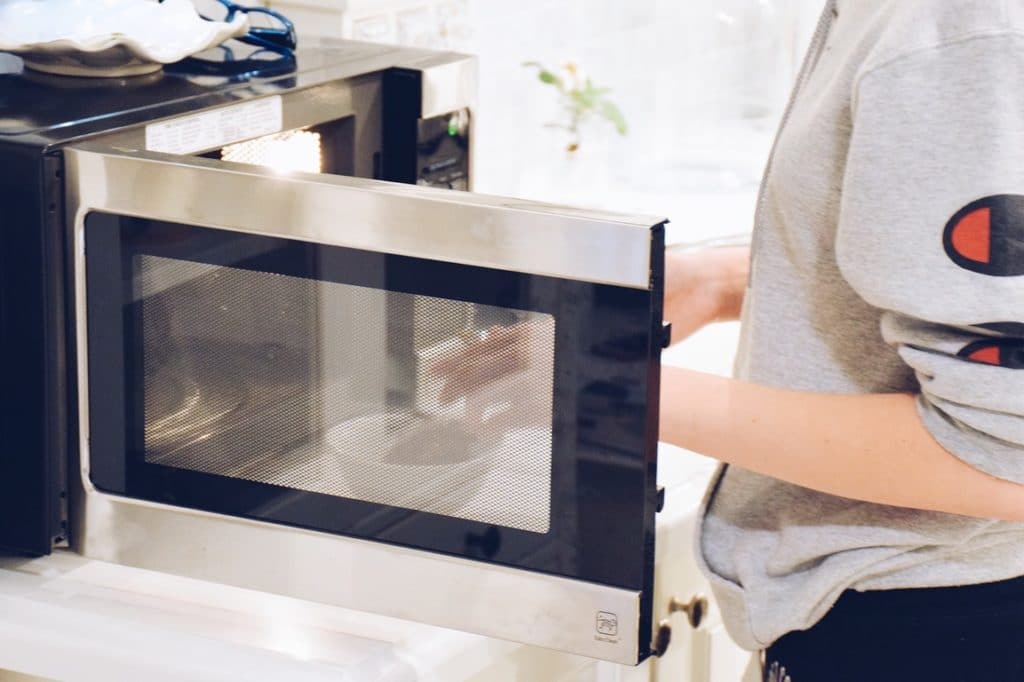
Efficient fridges/freezers
In truth, how many of us have actually looked behind a fridge or freezer to see how they work? The system revolves around a continuous flow of coolant. Initially this is pressurised, reducing the temperature and turning it into part gas as it goes through the fridge/freezer. Slowly the gas will start to heat and as it leaves the inner workings of the fridge/freezer it will absorb any heat, thereby constantly reducing the temperature. As it leaves the inner workings of the fridge/freezer, it will move through the grille system at the back of the machine. This radiates the heat from the gas, then it is compressed, cooled and the process begins again.
It is therefore very important to keep the grille at the back of your fridge/freezer clean. You will be surprised how much dust can accumulate over a relatively short period of time. This impacts the efficiency of the fridge/freezer which will require further power to continuously reduce the temperature. It is also worth noting that fridges/freezers run at their most efficient if they are regularly defrosted. While this can be a cumbersome task, it is worth it in the long run.
Using the washing machine
You will probably be expecting us to mention the fact that washing machines are most efficient, and more cost-effective, when they are full. Yes, this is a common recommendation when looking at how to save electricity. However, did you know that the vast majority of washing powders also work just as well with cold water?
So, if your machine has a cold water wash (the majority will) the potential savings could be significant in the short, medium and long-term. In the past, washing machines tended to have two water inlets, hot and cold, but the modern day machine will likely only have a cold water inlet. The electricity used in heating this cold water, and carrying out the hot water wash, is by far and away the most expensive element of this process. It stands to reason, if you remove the heating process, less power is required and the cost of each washing cycle reduced.
Shower or bath
When looking to save power, the subject of showers and baths is never too far away. This brings us onto the obvious fact that showers use considerably less water than a bath. As a consequence, both heating the water and pumping the water into your bathroom is more expensive with a bath. That is one way to save money in the longer term – using a shower over a bath. However, there is also another opportunity to save on energy costs.
The vast majority of showers will have a timer system after which the device will alert you and then switch off. This period is usually well beyond the time it takes for the average shower. However, many people wait until the timer kicks in. Can you imagine the amount of water and power you could save by knocking one or two minutes off each of your showers?
Don’t delay repairs
On the subject of general repairs around the house, the longer you delay many repairs the greater your eventual energy bill. If we look at two specific types of repairs this will give you an idea:-
Roof repairs
Any type of damage to your roof, no matter how small, will have an impact on your home’s ability to retain heat. As a consequence, keeping your home warm will require more power in order to create additional heat to replace that lost through the roof. That simple roof repair may not seem like much but in the medium to long-term it could lead to significant cost savings.
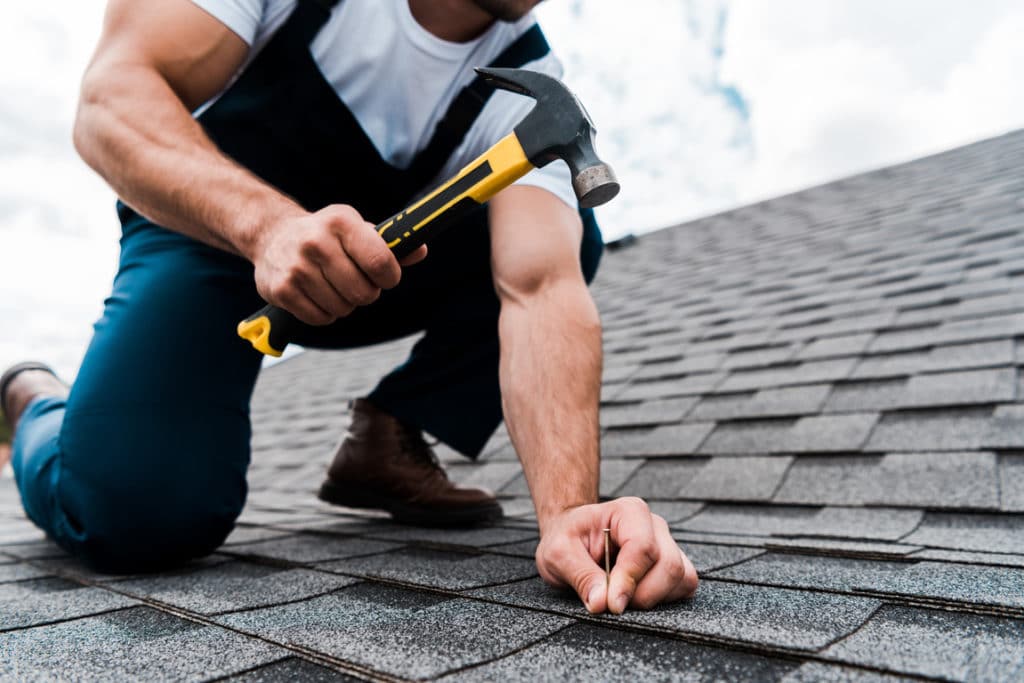
Leaking taps
Whether you have a leaking tap in the bathroom, kitchen or any other part of your home, you should repair it as soon as possible. In recent years we have seen significant focus on the environment and so-called green energy. Leaking taps may seem rather irrelevant but they are literally wasting water, a considerable amount the longer they are left.

Power saving tips NZ
When looking at ways to save power it is important to look at the wider picture as opposed to focusing on individual actions. As we touched on above, the whole process of reducing your energy bills starts in your head. You need to be focused, you need to be committed and it is most certainly a case of actions speak louder than words.
If you are unconvinced about the potential savings, why not try it for just a few months? Put aside every dollar that you save and see where you are at the end of the trial period. For those struggling financially, the opportunity to save on energy bills and use these funds elsewhere, such as paying down debt, is priceless.

by Ash Horton
June 19, 2021
Ash is a professional content writer with extensive experience in business development in the financial services. Ash has founded businesses from the age of 19, including franchising ventures, and working alongside some of the largest retailers in the world.




